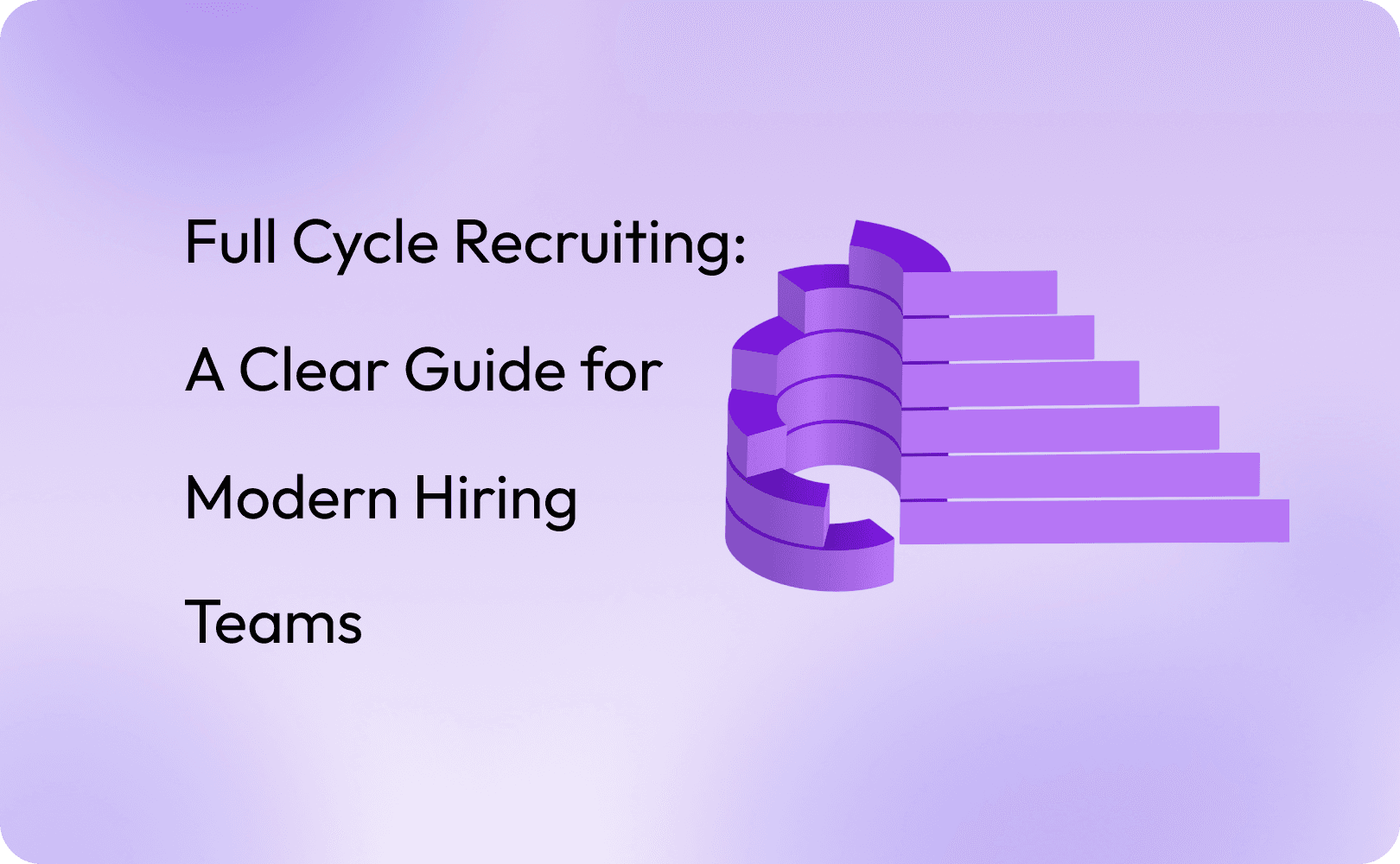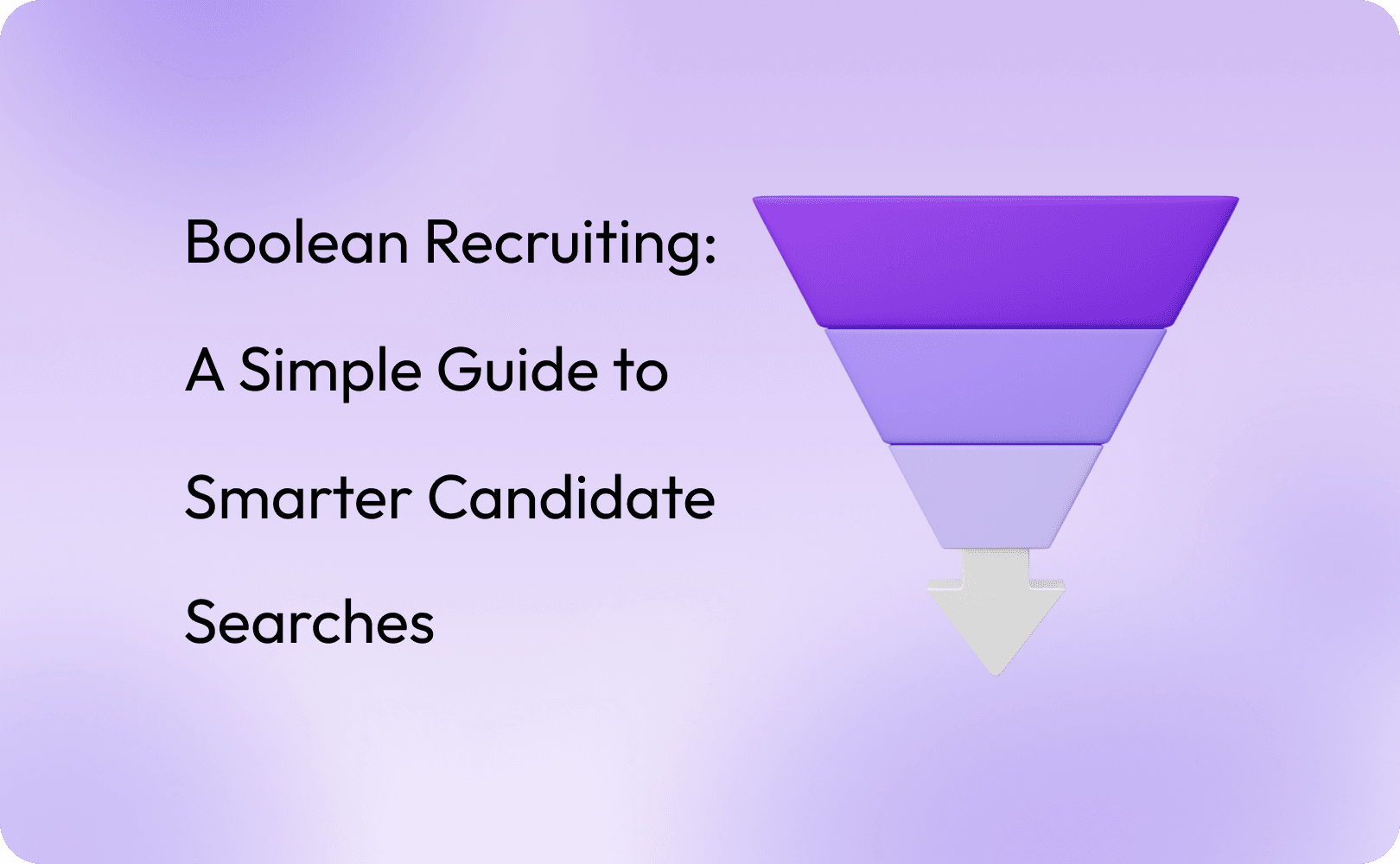Nov 17, 2025
|
3
min read

Job boards haven’t changed much in two decades. They list openings, collect applications, and rely on resume-based matches. Candidates scroll endlessly and apply to dozens of roles, hoping someone notices. Recruiters receive hundreds of resumes with no clear sense of who can actually do the job.
Circle was built to solve this problem at its core. Instead of being a place to “look for jobs,” it’s a platform that understands people, evaluates real skills, and connects talent to the right opportunities. Here’s what truly sets Circle apart from job boards.
1. Job Boards Show Jobs. Circle Understands People.
Job boards are designed around posts and keywords. If your resume uses the right terms, you show up. If not, you disappear. They don’t understand your strengths, how your skills connect, or what you’ve actually built.
Circle goes deeper. Using Skill Graphs and Confidence Scores, it forms a fuller picture of your abilities by analyzing your projects, public work, social proof, and experience. The platform understands your capability, not just your text.
2. Job Boards Make You Apply. Circle Helps You Get Discovered.
On job boards, visibility depends on how many applications you send. Candidates compete against thousands for attention, often without ever hearing back.
Circle flips the model. Instead of pushing dozens of resumes into the void, your verified profile is proactively shown to companies looking for your exact skill set. Recruiters discover you based on capability, not luck or timing.
3. Job Boards Filter Resumes. Circle Profiles Talent.
Traditional platforms rely on resume parsing and text matching. They miss candidates from unconventional paths and those whose skills don’t fit neatly into job titles.
Circle looks at your real work. It recognizes transferable abilities, patterns in project experience, and strengths that may not appear clearly on a resume. By profiling talent rather than filtering paperwork, the platform makes matching smarter and more inclusive.
4. Job Boards End at Matching. Circle Helps You Grow.
Job boards do one thing: show you roles. After that, you’re on your own.
Circle is built for long-term growth. It helps you understand your strengths, identify skill gaps, and track how your skill graph evolves as you learn. Instead of treating you as an applicant, Circle treats you as someone building a career.
Conclusion
Job boards were built for a time when hiring was simple. Today, work is more complex, skills evolve faster, and resumes rarely tell the full story. Candidates want to be seen for what they can do, and companies want clarity beyond keywords.
Circle fits naturally into this new world. By focusing on real skills and verified capability, it makes hiring more accurate and meaningful. Candidates get discovered for their strengths, and recruiters spend time with the people who truly fit the role.


